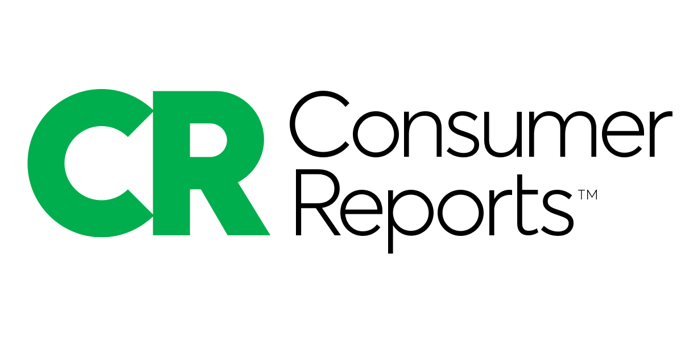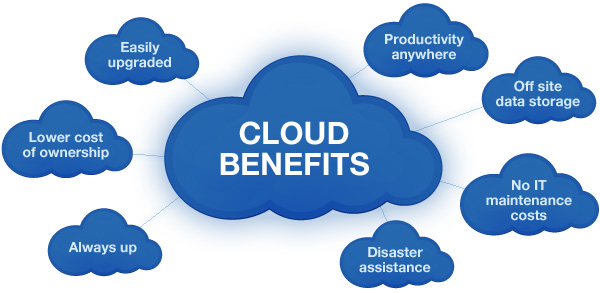Describing the Internet of Things in Modern life
The Internet of Things has become an integral part of modern life, transforming the way we live, work, and interact with our surroundings.

In an age where technology continues to advance at an unprecedented pace, the Internet of Things (IoT) has emerged as a game-changer, profoundly impacting various aspects of our daily lives.
The IoT, a network of interconnected devices and objects, has evolved from a concept into a reality, weaving itself into the fabric of modern society.
In this blog post, we will explore the multifaceted role of IoT in modern life, delving into its applications, benefits, challenges, and the exciting possibilities it brings to the table.
The Internet of Things Ecosystem: Connecting the Unconnected
The concept of the Internet of Things revolves around connecting everyday objects and devices to the internet, enabling them to collect and share data seamlessly. These objects can include anything from smart thermostats and wearable fitness trackers to industrial machinery and autonomous vehicles. This interconnected web of devices has given rise to a vast and dynamic ecosystem with far-reaching implications.
Smart Homes: Enhancing Comfort and Efficiency
One of the most tangible manifestations of IoT in our lives is the smart home. IoT-enabled devices such as smart thermostats, lighting systems, and voice-activated assistants like Amazon's Alexa have transformed our living spaces into intelligent environments that cater to our needs. These devices can adjust room temperatures, control lighting, and even order groceries, all in response to voice commands or pre-set schedules. The result? Increased energy efficiency, enhanced convenience, and a more comfortable living experience.
For example, a smart thermostat can learn your daily routine and adjust the temperature accordingly, saving energy when you're away and ensuring your home is cozy when you return. Additionally, smart security systems can provide real-time updates on the status of your home, allowing you to monitor and control it remotely through your smartphone.
Healthcare Revolution: Internet of Things and Wearables
In the healthcare sector, IoT has ushered in a revolution. Wearable devices like smartwatches and fitness trackers have become ubiquitous, empowering individuals to monitor their health and well-being actively. These devices can track vital signs, count steps, monitor sleep patterns, and even detect irregular heartbeats. The data collected can be shared with healthcare providers for more accurate diagnoses and timely interventions.
Moreover, IoT plays a pivotal role in telemedicine, making healthcare more accessible and convenient. Remote patient monitoring devices can transmit crucial health data to doctors, allowing them to provide timely advice and adjustments to treatment plans. This not only improves patient outcomes but also reduces the burden on healthcare facilities.
Efficiency in Industry: Internet of Things and Industry 4.0
IoT is also reshaping the industrial landscape, giving rise to Industry 4.0. In manufacturing and logistics, IoT-enabled sensors and devices are used to monitor machinery, track inventory, and optimize production processes. Predictive maintenance is a particularly valuable application, as it helps companies identify potential equipment failures before they occur, reducing downtime and maintenance costs.
Furthermore, the IoT enables the concept of a "smart factory" where machines communicate with each other, leading to more efficient and autonomous production. For instance, robots on the factory floor can coordinate their movements to optimize workflow and reduce bottlenecks. This not only increases productivity but also improves workplace safety.
Transportation and Smart Cities: Navigating the Future
Transportation is another arena where IoT is making significant inroads. Smart vehicles equipped with IoT technology can communicate with each other and with traffic infrastructure to reduce congestion and improve safety. Autonomous vehicles, a vision of the future, rely heavily on IoT for real-time data collection and decision-making.
Moreover, the concept of smart cities is becoming a reality, with IoT sensors embedded in urban infrastructure to monitor air quality, traffic flow, and energy consumption. This data can be used to optimize city services, reduce pollution, and enhance the quality of life for residents. Additionally, smart city initiatives promote sustainability by enabling more efficient resource management.
Agriculture: IoT and Precision Farming
In the agricultural sector, IoT is driving a transformation known as precision farming. Sensors and drones equipped with IoT technology can monitor soil conditions, weather patterns, and crop health in real time. Farmers can use this data to make informed decisions about irrigation, fertilization, and pest control, ultimately increasing crop yields and reducing resource waste.
Furthermore, IoT-enabled livestock monitoring systems can track the health and behavior of animals, ensuring their well-being and early detection of any health issues. This not only improves animal welfare but also boosts the efficiency of farming operations.
Environmental Impact: IoT for Sustainability
Sustainability is a global concern, and IoT has a vital role to play in addressing environmental challenges. Smart meters installed in homes and businesses can monitor electricity and water consumption, helping individuals and organizations reduce waste and save resources. IoT also aids in environmental monitoring, with sensors collecting data on air and water quality, deforestation, and climate change.
For instance, in the context of water conservation, IoT sensors can detect leaks in pipes and irrigation systems, preventing water wastage. Similarly, IoT can be used to monitor and control energy consumption, reducing greenhouse gas emissions and promoting a more sustainable future.
Challenges and Concerns: Security and Privacy
While the IoT offers immense potential, it also raises significant challenges and concerns. Security and privacy are paramount among them.
The interconnected nature of IoT devices makes them vulnerable to cyberattacks. Hackers can exploit weaknesses in these devices to gain access to sensitive data or disrupt critical services.
Furthermore, the vast amount of data generated by IoT devices raises questions about data privacy and ownership.
Individuals and organizations must grapple with issues surrounding data collection, storage, and consent. Striking a balance between the benefits of data-driven insights and the protection of personal information is an ongoing challenge.
In conclusion, the Internet of Things has become an integral part of modern life, transforming the way we live, work, and interact with our surroundings.
From smart homes that enhance convenience to healthcare innovations that improve well-being, IoT's impact is profound and far-reaching.
In industries like manufacturing, transportation, and agriculture, IoT is driving efficiency and innovation, while also contributing to sustainability efforts.
However, as IoT continues to expand its influence, addressing security and privacy concerns will be crucial. Safeguarding sensitive data and ensuring the integrity of IoT systems will require ongoing vigilance and innovation.
The future of IoT is promising, with exciting possibilities on the horizon. As technology continues to advance, we can expect even more innovative applications of IoT that will further shape the way we experience and interact with the world.
Embracing the potential of IoT while addressing its challenges is key to harnessing its full benefits in the years to come.
So, as we move forward into this interconnected future, it's essential to remain informed, adaptable, and proactive in navigating the transformative role of the Internet of Things in modern life.
What's Your Reaction?















